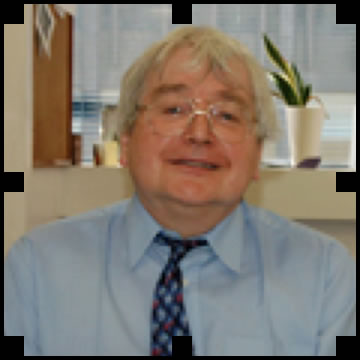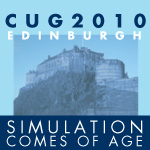Richard Catlow Biography
|
| Professor Richard Catlow has worked for over thirty years in the field of computational and experimental studies of complex inorganic materials. His group has pioneered a wide range of applications of computational techniques in solid state chemistry to systems and problems including microporous and oxide catalysts, ionic conductors, electronic ceramics and silicate minerals. This applications programme has been supported by technique and code development, including recent work on embedded cluster methodologies for application to the study of catalytic reactions. The computational work has been firmly linked with experimental studies, using both neutron scattering and synchrotron radiation techniques, where the Royal Institute group has also made notable contributions to development as well as application studies. Professor Catlow's research has led to over 800 publications, and in 2004 he was elected to the Fellowship of the Royal Society for "pioneering the development and application of computer modeling in solid state and materials chemistry." He is currently Dean of the Mathematical and Physical Sciences Faculty at University College London. Professor Catlow is the Principal Investigator for the “HPC Materials Chemistry Consortium” project on the national UK “HECToR” supercomputing service, which is based on Cray hardware. This project, which is one of the largest in terms of resource allocation, involves an extensive collaboration and spans a wide range of application studies aimed at modelling and predicting the structures, properties and reactivities of functional materials.
| 
|


